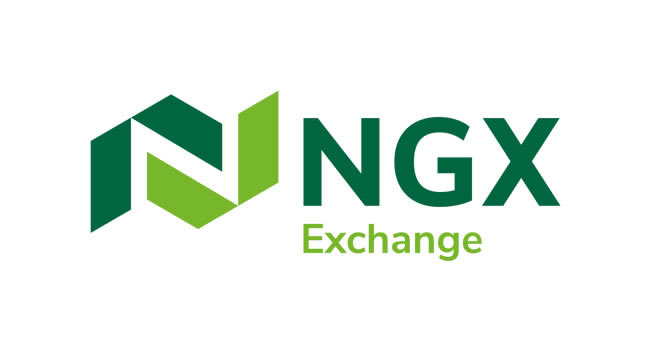
The United Kingdom, through its Foreign, Commonwealth and Development Office, has announced a partnership with the Nigerian Exchange Limited to boost investment in sustainable development.
The partnership vehicle is the Mobilising Institutional Capital Through Listed Product Structures.
MOBILIST supports investment solutions to deliver large and sustainable capital flows needed to realise developing countries’ development and climate ambitions.
This initiative invests capital, delivers technical assistance, conducts research and builds partnerships to catalyse investment in newly listed products.
The partnership was disclosed by the UK Secretary of State for Foreign, Commonwealth and Development Affairs, James Cleverly, during the closing-gong ceremony held on the floor of the NGX on Tuesday.
Cleverly noted that NGX, through its activities had an attractive force to attract investment.
“Investment fuels the economic activity, generates profit and unlocks the economic potential of the country and feeds jobs and prosperity for ordinary people in Nigeria and outside Nigeria,” he said.
He added that the UK government would love to see more dual listings, while highlighting that developing countries needed at least $3.9tn in additional financing if it was going to have a credible chance of achieving their sustainability goals.
According to him, investment was going to help unlock the economic potential of Nigeria, and the UK government would not only maintain its existing ties with Nigeria, but also collaborate with the NGX to attract listings as well as investment in the capital market.
Commending the United Kingdom’s commitment to attaining Climate Neutrality by 2050 and its progress in transitioning to renewable energy sources, the Chairman, Nigerian Exchange Group Plc, Dr Umaru Kwairanga said, “NGX remains fully committed to further strengthening its existing relationship with the UK by fostering even stronger partnerships and collaborations.”
On his part, the Chief Executive Officer, NGX, Temi Popoola, noted that the UK’s inputs and importance were evident across the verticals of the Nigerian capital market.





